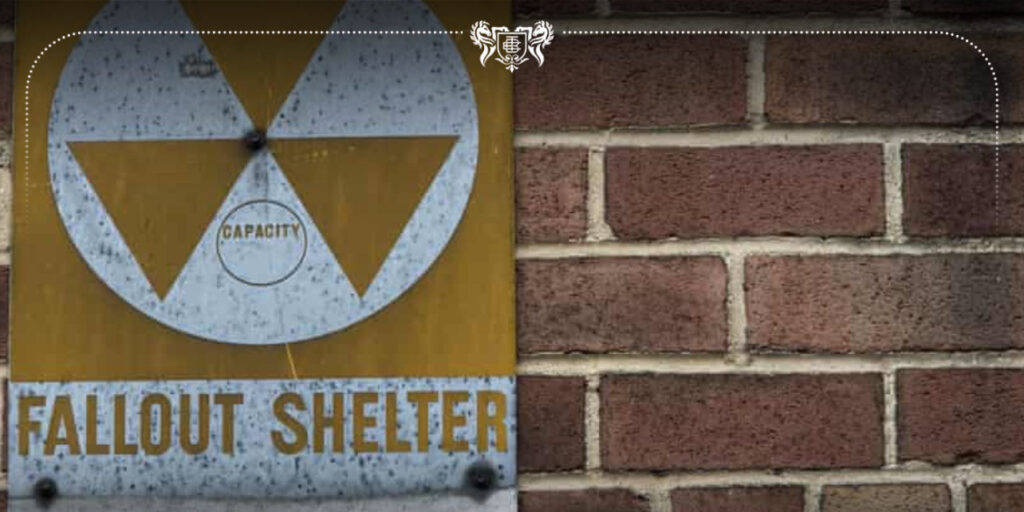The UK, along with France and Russia, voted against a United Nations resolution to establish a scientific panel to study the effects of nuclear war. This decision was made despite the resolution, co-drafted by Ireland and New Zealand, receiving significant support with 144 UN member states voting in favor. The proposal aims to update research on nuclear impacts, reflecting changes in geopolitics and scientific understanding since the last study conducted during the Cold War.
The UK Foreign Office defended its stance by stating that the devastating effects of nuclear war are already understood and that establishing a new panel would not contribute to this understanding. However, this position has drawn criticism from arms control advocates within the UK, who argue that the new Labour government should reconsider its approach to nuclear disarmament.
Critics, including Rebecca Johnson of the Acronym Institute for Disarmament Diplomacy, emphasized the importance of contemporary research on nuclear effects, particularly in light of recent global tensions and nuclear threats. Johnson highlighted the potential consequences of ignoring updated scientific insights into nuclear conflict, which could include scenarios like a “nuclear winter” triggered by even a regional nuclear war.
The resolution is set to proceed to the full General Assembly for a final vote, with supporters advocating for the UK to reconsider its stance and engage in the updated scientific inquiry.


